Jetboil PCS + new accessories
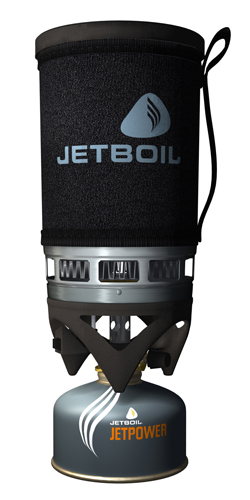
The Jetboil PCS
The all-in-one $80 product, which debuted two years ago to much fanfare in the outdoors press, integrates a small butane burner with a special heat-transfer ring and a 1-liter metal cup. The end result is a cooking system that is about twice as fuel efficient as competing stove models, according to the company's tests.
New this year, Jetboil Inc. (www.jetboil.com) is offering a line of accessories to use with its stove. The Jetboil French Press, for example, is a simple and light weight coffee press with a metal rod, a rubber lid and a mesh strainer. The $20 press is sized for the standard Jetboil cup, letting you brew up a couple mugs of coffee in less than five minutes.
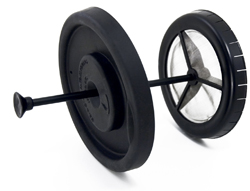
The Jetboil French Press
As with most Jetboil-prepared food and drink, the coffee is prepared and consumed in the Jetboil's metal cup. After heating the water and adding the coffee grounds, the cup twists and unsnaps from the stove base ready to drink from, thus eliminating the hassle of bringing an extra pot and a mug. The lid on the French Press is removed by unscrewing the threaded plunger rod, which lets you leave the mesh strainer inside the cup to contain the grounds.
In my tests, two cups of cold water boiled in about 2 minutes, 20 second with the Jetboil PCS set to its highest flame. There is an integrated push-button piezo electric igniter to get the burner going, so matches are unnecessary, and the flame can be adjusted with a small knob to regulate temperature while cooking.
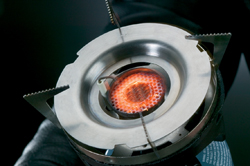
The Jetboil Pot Support
Another new accessory I tested, the $20 Jetboil Pot Support and Stabilizer Kit, allows campers to use frying pans or pots on the Jetboil stove. Simply remove the Jetboil cup and place the pot support adapter over the burner to add the metal platform on which pots and pans can be placed. The kit also comes with a small plastic tripod that fits onto the base of the fuel canister to provide added stability.
One disadvantage to the Jetboil PCS stove is the cup’s small capacity. It really is a personal cooking system, and if you want to heat soup or warm water for a group, be ready to deal with multiple small batches.
But this winter, the company will debut the Group Cooking System (GCS) version of the Jetboil stove, which is essentially the same product as the original stove with a larger, 1.5-liter pot instead of a 1-liter cup. The group version will sell as a complete stove kit for $100; the pot and lid, which are compatible with the original Jetboil PCS, will also be sold alone for $45.
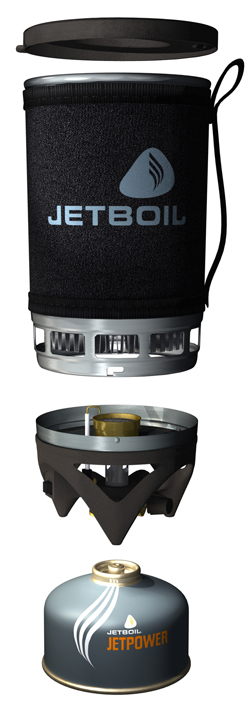
The Jetboil Exploded
After use, both versions of the Jetboil stove can be quickly disassembled and stowed away inside their respective cup or pot. With a full fuel canister, the Jetboil GCS weighs 21 ounces. The Jetboil PCS, which packs up with its fuel canister to become smaller than a Nalgene water bottle, tips the scale at a feathery 15 ounces.


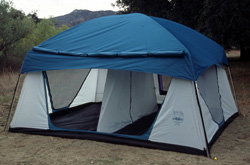
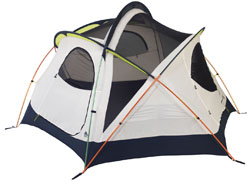
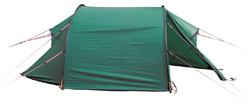
 Subscribe to Stephen's RSS Feed
Subscribe to Stephen's RSS Feed
 Subscribe to Stephen's RSS Feed
Subscribe to Stephen's RSS Feed